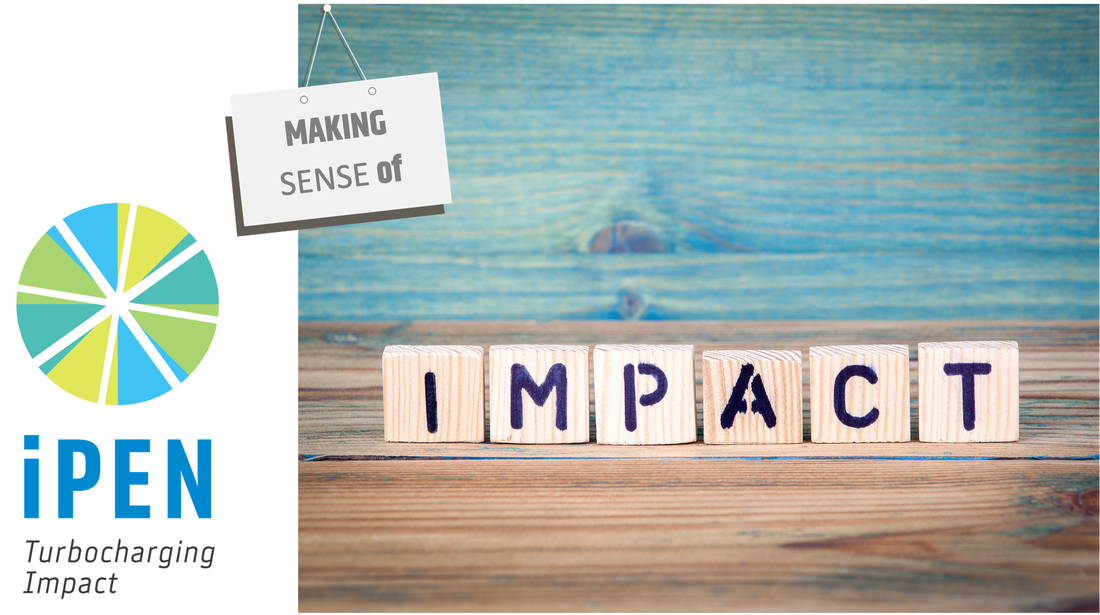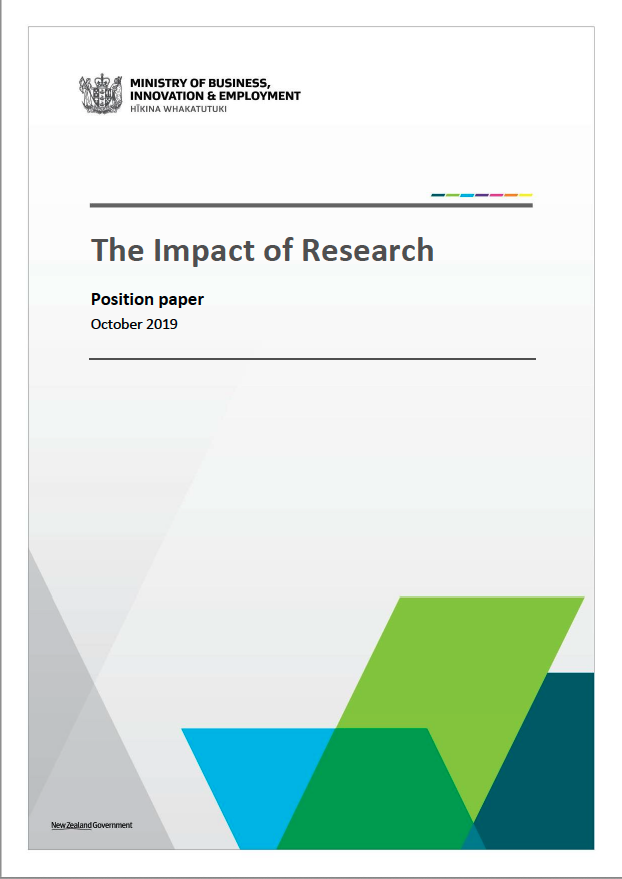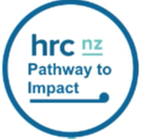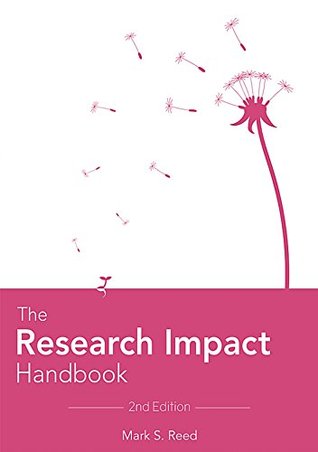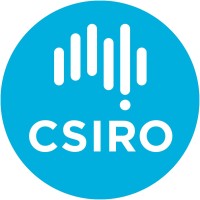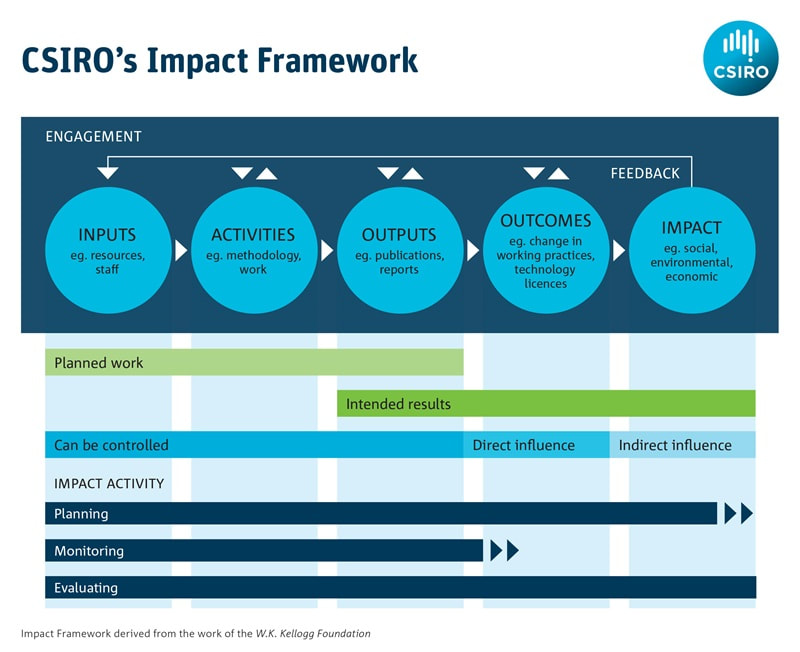Understand what impact is, why it's important in your science, and how to achieve and maximise it.
The Making Sense of Impact module helps you understand how impact is defined in the RS&I context.
iPEN's training in this module has focused on regularly delivering our free webinar to all CRI staff, where we provide a brief background on the concept, and basic pointers on what you need to be thinking about and the questions you should ask to help you identify YOUR impact.
Takeaway points
- Impact has no strict definition, and is better understood as describing the things we think are important and where we want to see change (usually positive).
- Impacts reflect what we value and think is important in a particular context.
- The potential impact from your research (what is valued and important) is best identified in conversation with the stakeholders of your research. These may be other researchers, iwi, local community, industry or other sector representatives. Talk with them early and often, and proactively involve them in the process to identify what these desirable changes (impacts) are.
- Thinking about different types and categories of impact will also help you understand your potential impact. These can be found by checking relevant strategic documents. These include strategic plans or Statements of Corporate Intent of the organisations or sector you're working in, and also documents such as Treasury's Living Standards Framework, or even the Sustainable Development Goals.
If you'd like to attend the next webinar, register your interest via our contact page.

